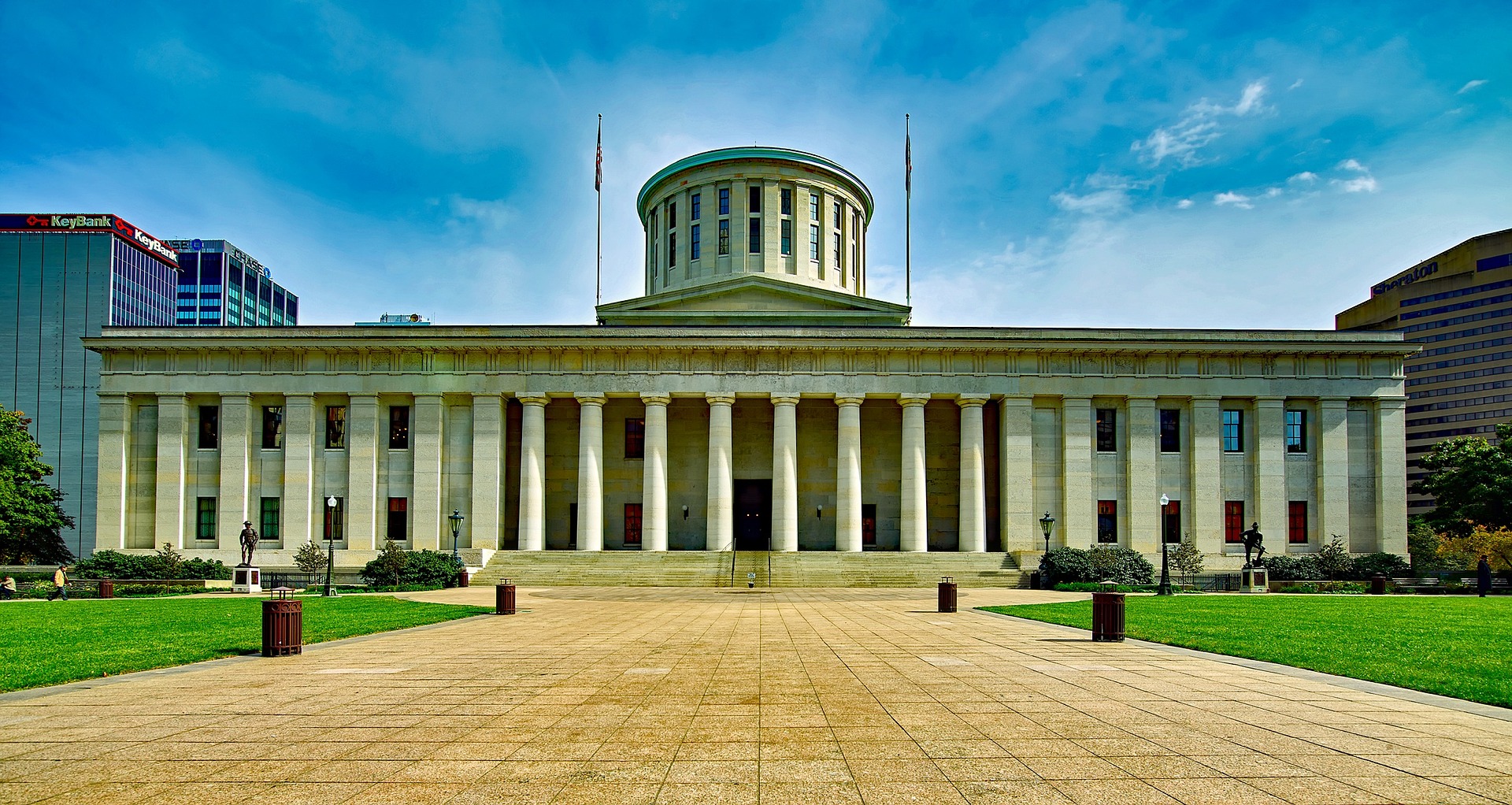Analyzing the Effect of Gerrymandering on Democratic Processes
Introduction: The democratic process is the bedrock of any free society. Yet, certain practices can manipulate or undermine its integrity. One such practice is gerrymandering. This article explores the history, legal implications, and societal impacts of gerrymandering in democratic countries, emphasizing its implications on fair representation and equal voting rights.

A Historical Overview of Gerrymandering
Gerrymandering is a political strategy that dates back centuries. It originated in the United States in 1812 when Massachusetts Governor Elbridge Gerry endorsed a redistricting plan that favored his political party. The outline of this particular district resembled a mythical salamander, thus coining the term “gerrymander.”
Contemporary Practice and Legal Developments
In the modern context, gerrymandering is employed by politicians to redraw electoral boundaries in favor of their party. This can be achieved through ‘packing,’ where opposition voters are concentrated into fewer districts, or ‘cracking,’ where opposition voters are spread thinly across multiple districts. Despite its controversial nature, the Supreme Court of the United States has struggled to address gerrymandering due to its inherently political nature.
Legislative Changes and Policy Discussions
Gerrymandering has been a contentious issue in recent years, prompting legislative changes and policy discussions. Numerous states in the U.S. have aimed to reduce partisan gerrymandering by establishing independent redistricting commissions. Yet, the effectiveness of these commissions in eliminating political bias remains debated.
Societal Implications and Impact
The societal impact of gerrymandering cannot be understated. By manipulating electoral boundaries, politicians can ensure their re-election, compromising the principle of fair representation. In turn, this can lead to voter disenfranchisement, as individuals may feel their vote carries less weight.
A Balance Between Legal Scrutiny and Democratic Principles
Striking a balance between legal scrutiny and democratic principles is the crux of the gerrymandering debate. While some argue that courts should stay out of inherently political processes like redistricting, others argue that judicial intervention is necessary to ensure fair representation. This tension highlights the ongoing struggle to uphold democratic principles in the face of politically expedient practices.
In conclusion, gerrymandering is a complex issue that intertwines legal, political, and societal threads. Its practice presents a significant challenge to democratic processes, emphasizing the need for ongoing examination and reform. As societies continue to evolve, the discourse on gerrymandering will undoubtedly remain a vital component of the conversation on democratic integrity.




